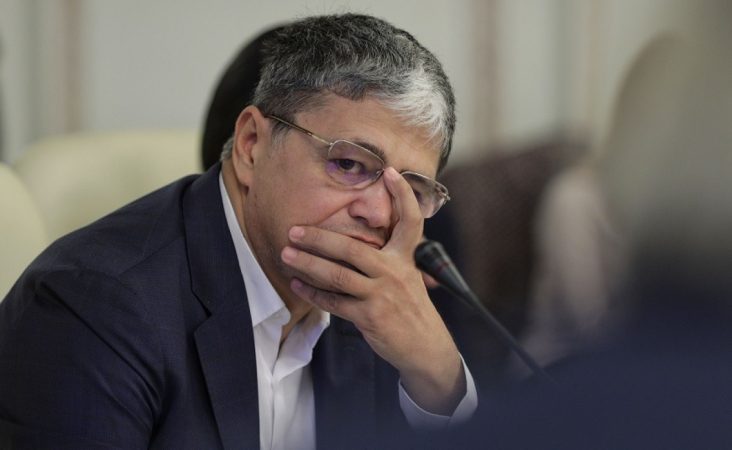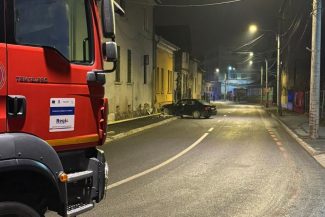“Today, Romania was at the core of the discussions in Brussels, where important decisions were made for the economic future of the European Union. Here’s what you need to know: One of the main topics was the situation of the medium-term fiscal plans and the budget trajectories of the member states. Here I announce that Romania is among the five member states that have been accepted for an adjustment period of seven years instead of four”, Marcel Bolos wrote on Facebook.
He emphasized that the seven-year adjustment is a vital opportunity for Romania.
“In the face of some attempts to distort reality, the truth is this: the 7-year adjustment is a vital opportunity for Romania. Why? Because it allows: reducing the budget deficit at a rate that does not produce macroeconomic imbalances; Securing investments from the EU funds! We make sure that we can complete the projects with large co-financing from the Cohesion Policy and PNRR (for example 60% for transport, 50% for the water-sewage infrastructure); protecting development, this is the only way we can implement the investment budgets from national funds that improve people’s lives: Anghel Saligny, PNDL, CNI”, said Bolos.
According to the quoted source, another topic at Ecofin was the progress of discussions on the topic of customs reform, proposed by the legislative package of the European Commission from May 2023.
“I argued that we need to find a compromise as soon as possible on the establishment of the EU Customs Authority and the Customs Data Centre, solutions that will reduce costs and modernize trade. Customs reform will bring direct benefits to people: customs costs reduced costs, easier access to international markets for local businesses, the elimination of bureaucratic blockages and more effective controls”, the minister of finance pointed out.
As to the taxation of energy, Bolos mentioned on the social network that they are working on a new directive that would tax energy in accordance with the environmental and climate objectives.
“The EU wants the taxation of energy products and electricity to be in line with energy and climate policies, contributing to the reduction of emissions. Our position was that in this process we must not neglect the need for a balance between climate objectives, specific to each member state and EU competitiveness. However, we consider that additional negotiations are necessary on certain topics – for example the indexation of the minimum levels of excise duty – because we do not want to introduce a supplementary mechanism in addition to the one already existing at the national level. Romania will support the continuation of the discussions under the presidency of Poland in order to reach an agreement”, the Minister of Finance, Marcel Bolos, also said.




